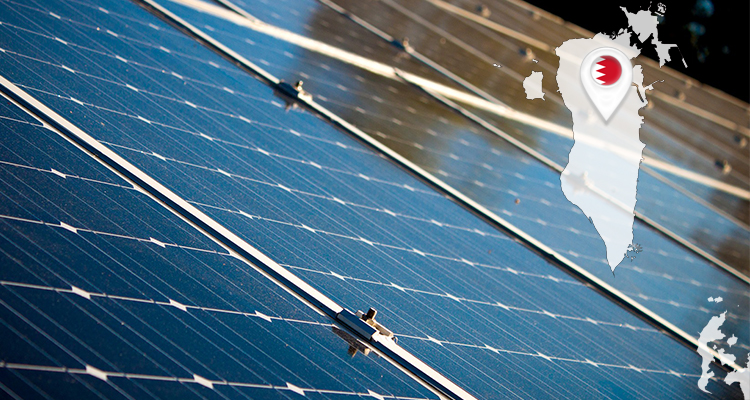Bahrain launches its first-ever PV program
At the moment, Bahrain is holding its very first solar event, called STEEB. It was used as a platform to announce that the country plans to join the solar market with its new National Renewable Energy Action Plan (NREAP). 700 MW of renewable energy capacity are to be installed by 2030.
The Kingdom of Bahrain will be joining those countries that support renewable energies with a corresponding program. The National Renewable Energy Action Plan (NREAP) was introduced during the STEEB 2017, Bahrain’s very first solar event, which is currently being held by the Bahrain Solar Industry Association in Manama.
Program was developed with clear intentions
By launching the NREAP and meeting its goals, Bahrain hopes to achieve a renewable energy generation of roughly 480 GWh per year and annual financial savings of 1.6 million BHD (4.2 million USD), as well as attract more than 140 million BHD (375.6 million USD) in new investments, or so Bahrain’s Sustainable Energy Unit (SEU) explained. The SEU will be in charge of the NREAP’s implementation and coordinate all necessary steps.
Target of 255 MW of PV capacity in Bahrain by 2025
The idea of the plan is to generate 5% of the country’s needed energy through renewable sources by 2025. For this to happen, 255 MW of PV capacity are to be installed by then, and an overall 700 MW of renewable energy capacity by 2030. According to the government, these goals will be achieved by a proposed renewable energy mix consisting of solar, wind, and waste to energy technologies.
Three policies will pave the road to success
Three different policies are supposed to help the plan turn into a success. The first one, net metering, is meant to bring forward renewable energy availiability for residential, commercial and industrial users. It is also expected to bring down electricity costs by allowing users to generate power themselves and feeding excess electricity back into the grid. The second one is a tender-based FIT scheme meant to attract large investors and developers with a competitive procurement process and long-term PPAs. Finally, a renewable energy mandate for new buildings will help developers incorporate renewable energies into their projects. Out of the three policies, net metering will be introduced first in late 2017, while the other two will follow later.





